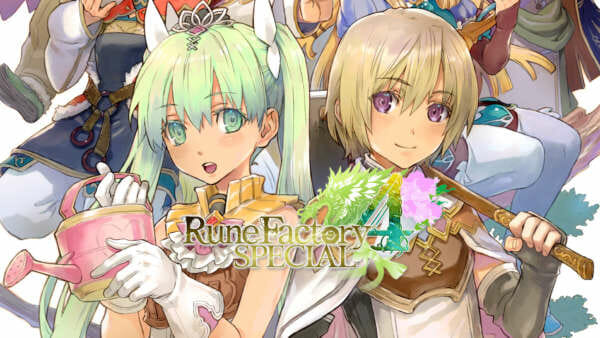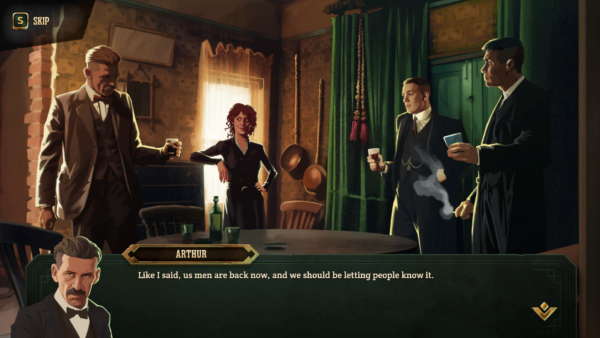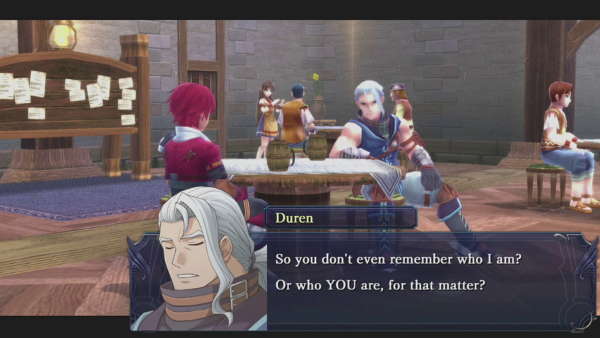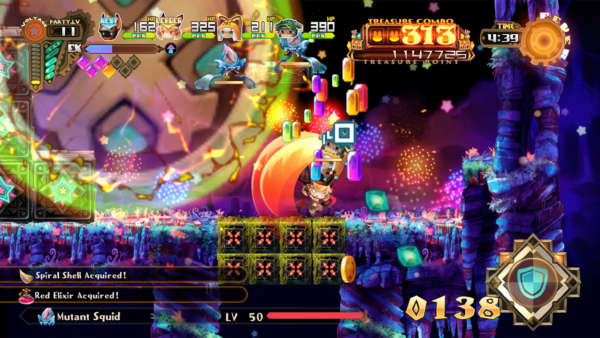Nearly a full year since the dramatic final episode of The Walking Dead, Telltale Games next project, The Wolf Among Us, is set to bring another comic series to PC and consoles. Set as a prequel to the Bill Willingham comic series Fables, The Wolf Among Us has a lot to prove when compared to the studios previous efforts. With no Clementine, no apocalypse, and no undead menace, does The Wolf Among Us make an impression, or is it best left on the page?
You play as Bigby Wolf, the big bad wolf from folklore and sheriff of Fabletown, a community of fairy-tale characters displaced from their home realm by a vaguely named entity known as “The Adversary”. With the job of keeping every fable in New York under control, he is the first call when someone steps out of line or reveals themselves to “Mundies”, mundane humans unaware of the fable elements around them. Requiring glamours to appear normal, those who don’t follow the rules are sent off to “the farm”, a massive estate where those unable to fit in are imprisoned.
After another fable is murdered, the first episode’s plot has you investigating who this fable was and the first steps towards finding the culprit Through scouring crime scenes for clues, and attempting to find answers as more questions arise, The Wolf Among Us hits a far different note than that of The Walking Dead. No longer pressed by the ever present goal of remaining safe from the undead, The Wolf Among Us is a slow burn, allowing Telltale to create a narrative that will leave many gamers gripped as it gradually unwinds across the five episodes, while being guided by your choices.

The Hooker With A “Heart Of Gold” Cliche Is Used To Good Effect
Given the nature of his previous self, Bigby’s presence either strikes fear or anger from those he encounters. This leads to the main dilemma of the moral decisions. Instead of having Clementine to act as the player’s ethical compass, you are often asked to choose between trying to be diplomatic with other fables, or giving into the animal within. Both offer different ways of finding out information the other way wouldn’t provide, but the consequences are yet to be felt across the first episodes two hour running time. While the larger choices have obvious later ramifications, the smaller, more subtle, changes will be a waiting game as new episodes are released.
Given the fairy-tale characters and mostly vibrant colour pallet, you would assume that The Wolf Among Us to be child friendly. This makes the heavy noir tone and heavy subject matter even more surprising. The hard-boiled Bigby skulks in shadows, chain smoking and drinking heavily as he seeks the truth. The stylized comic look depicts a drab and dirty New York, with all of this underlined by a mostly electronic score that reinforces the rest of the noir aesthetics.
The graphics are partially tarnished by shadows reacting weirdly to certain objects, as well as an occasional rough animation. For the most part however, these issues aren’t present, which makes them painfully obvious when they appear. The Wolf Among Us isn’t afraid to pull any punches for the sake of being family friendly and doesn’t ever let up with its surprisingly brutal tone.

The Wolf Among Us Use of Shadow is Brilliant
This tone goes hand in hand with the gameplay, finding evidence and questioning suspects. It gives the impression of being on rails, with the story still continuing to play even if you fail to connect the dots. While sharp-eyed players will be at an advantage, the story never gives you a game over for missing details. That doesn’t prevent a feeling of accomplishment however, whenever you catch a character in a lie, or connect evidence to the right place. It rewards those who listen carefully to detail, making the player feel both accomplished and intelligent.
This is all carried off by a cast of memorable characters. Nearly everyone will recognize Snow White or Mr Toad from The Wind and the Willows, but seeing how each fable has reacted to the harsh realities of the real world is both entertaining and compelling. Seeing lesser known characters like The Huntsman and Grendel fall into self-loathing, or watching Beauty and the Beasts marriage issues gives a fresh perspective on culturally ingrained characters. These identifiably human flaws ground the otherwise otherworldly characters, distilling Telltale’s ability to make you quickly care about their cast. Aided by a skilfully constructed script and solidly produced voice acting, it keeps the moment to moment action compelling even when the game goes five or ten minutes with minimal player input except dialogue choices.

Seeing Fairy-Tale And Folklore Characters Fall On Hard Times Is An Interesting New Angle To Age Old Stories
The largest change from the usual Telltale template are the introduction of fast paced faction sequences. Demanding instant acts of brutality and agility via quick-time style button prompts, it gives the game the appearance of seeming more fast-paced, while actually being awkward and jarring. Extended sequences of instant-fail button commands, and aligning the cursor within a marker, act as the large set-pieces, but make them feel stressful and not much fun. While these moments help underline Bigby’s hidden power and past nature, they fail to play to Telltale’s strengths of character building and narrative design.
The Wolf Among Us is a captivating experience, making you care about its world and characters far quicker than many expected, especially when compared to The Walking Dead. It sets itself apart from Telltale’s previous efforts easily with a vibrant neo-noir atmosphere, and the array of imaginative locations and characters taken straight from the comic page. The season pass is a worthwhile investment, as new episodes are released over the coming months to keep you coming back. If you enjoyed The Walking Dead, or games which focus on telling a compelling, well told story, buy the first episode and see if you get hooked. You will quickly find out the biggest downside is waiting for the next episode.








